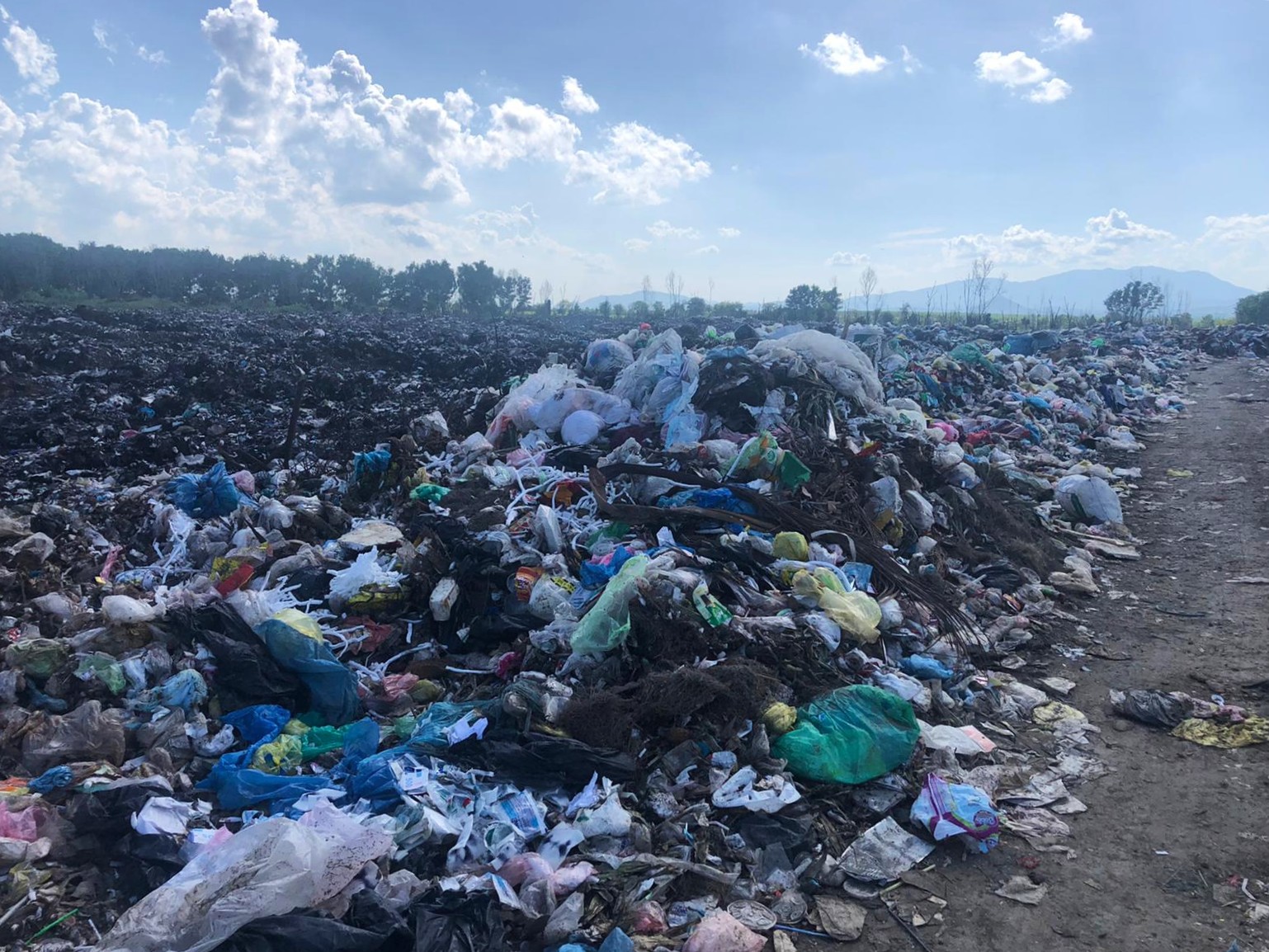End of an Era for Fixed Tariffs
Vietnam is on the cusp of a pivotal transition in its approach to renewable energy, particularly in the realms of waste-to-energy (WtE) and biomass power projects. A recent draft Circular by the Ministry of Industry and Trade (MOIT) marks the end of fixed feed-in tariffs (FiTs) for renewable energy, shifting towards a negotiation-based model with Electricity of Vietnam (EVN) for determining project-specific electricity tariffs. This move significantly alters the landscape for WtE and biomass project sponsors and lenders, who must now navigate a more dynamic and potentially challenging economic environment.
Historically, FiTs have provided a stable and predictable revenue stream for renewable energy projects, encouraging investment by guaranteeing off-take prices. The elimination of FiTs in favor of annual price frameworks and project-specific tariff negotiations aims to standardize the commercial approach across all types of renewable energy technologies. While this aligns with broader efforts to enhance the efficiency and sustainability of Vietnam’s energy sector, it introduces a level of uncertainty for new projects, particularly those utilizing WtE and biomass technologies which rely on physical feedstock.
The draft Circular delineates a methodical approach to establishing price frameworks, relying on the concept of a ‘standard power plant’ to calculate annual ceiling tariffs. These serve as the maximum tariff for negotiations between EVN and project developers, with the MOIT issuing these ceilings for different technologies each year. The inclusion of fixed and variable costs in the tariff calculations reflects the unique economic dynamics of WtE and biomass projects, where feedstock can represent an additional revenue source or a cost base.
For WtE projects, the draft does not account for feedstock as a cost in determining electricity tariffs, highlighting the role of WTE in waste management rather than merely energy production. This perspective underscores the environmental and social benefits of WtE technologies, which can contribute significantly to addressing Vietnam’s waste management challenges while also generating renewable energy.

The negotiation-based model proposed in the draft Circular necessitates a more collaborative and transparent relationship between project developers and EVN. This could foster more tailored and potentially innovative project financing solutions but also requires developers to have a solid understanding of their project’s economics and the flexibility to adapt to annual changes in the tariff framework.
As Vietnam moves towards this new model, the impact on WtE and biomass investments is multifaceted. On one hand, the shift could lead to more competitive pricing and efficient allocation of resources, aligning renewable energy projects more closely with market dynamics. On the other hand, the uncertainty associated with tariff negotiations may pose risks for project feasibility and financing, potentially affecting investor confidence.
The draft Circular represents a significant step in Vietnam’s journey towards sustainable energy and waste management. By moving away from FiTs, the government is signaling its commitment to a more market-driven approach, which could enhance the long-term viability and impact of renewable energy projects. However, the success of this transition will depend on the effective implementation of the new framework, including the capacity of EVN and project developers to engage in fair and productive tariff negotiations.

For WtE and biomass projects in Vietnam, the proposed changes highlight the importance of innovation, efficiency, and strategic planning. Project sponsors and lenders must adapt to this evolving regulatory environment, leveraging the opportunities presented by the negotiation-based model while managing its inherent risks. As Vietnam continues to refine its approach to renewable energy, the role of WtE and biomass technologies in the country’s energy mix is likely to grow, driven by both environmental imperatives and the potential for sustainable economic development.
In conclusion, while the draft Circular introduces challenges for WtE and biomass investments in Vietnam, it also opens new avenues for growth and innovation. By fostering a more dynamic and competitive market for renewable energy, the move away from FiTs could ultimately enhance the contribution of WtE and biomass projects to Vietnam’s energy and environmental goals.

The modular pre-engineered and prefabricated wasteWOIMA® WtE power plant is our answer to the current and future waste management and power generation challenges. It significantly simplifies and speeds up the project development, permitting and plant delivery processes, as well as enables the localization of large part of the delivery. The flexible plant design supports different power generation schemes with minimal design changes and adjusts easily to tightening emission regulation. As an added benefit, the plant is fully movable if and when local regulations, waste generation patterns or recycling efforts change.
With the standardized plant design, more emphasis can be put to stakeholder management including energy regulators and power off-takers. Negotiations and discussions become easier and faster due to the fact that the plant design stays constant instead of introducing new input and output figures on a project-by-project basis. Larger plant setups are simply multiples of a single plant. Over time, the wasteWOIMA® can be seen as a reference point for WtE projects.
Read more about the proposed tariff transition here
wasteWOIMA® product family brochure
WOIMA use case industrial waste streams to energy
WOIMA use case waste reduction as a service
WOIMA use case decentralized WtE solution
Read more about us at www.woimacorporation.com
WOIMA Corporation is a Finnish supplier of best-in-class waste-to-value products, projects and services worldwide. We have developed solutions that enable us, and the customer, to transform and recycle virtually any waste stream into raw materials and energy. At WOIMA we combine Finnish engineering know-how in waste management with power generation design expertise. These solutions are used in Finland every day. They support the circular economy ideology and ensure that less than 1% of Finland’s waste ends up in landfills.
Our mission is to improve quality of life both locally and globally, as well as empower people to utilize waste as a commodity. Our decades of international project management experience ensure an on-time, in-budget and high-quality WOIMA solution delivery across the globe.
WOIMA SOCIAL MEDIA ACCOUNTS








